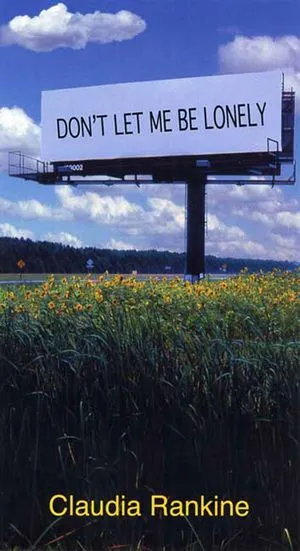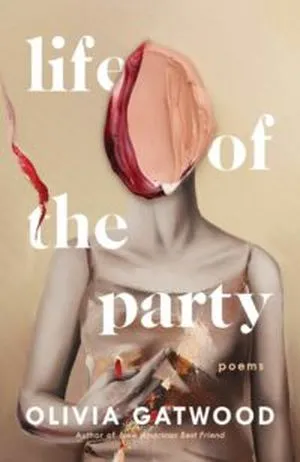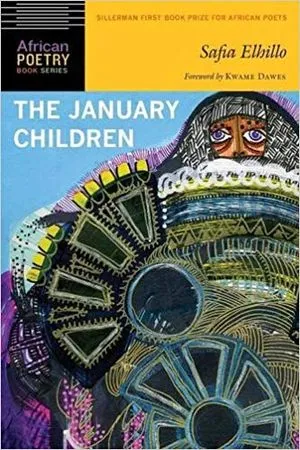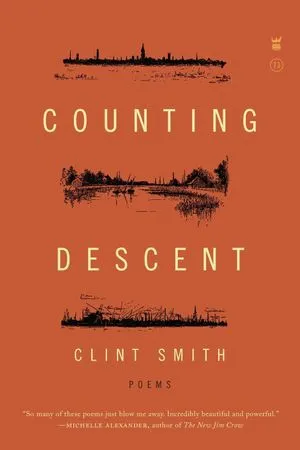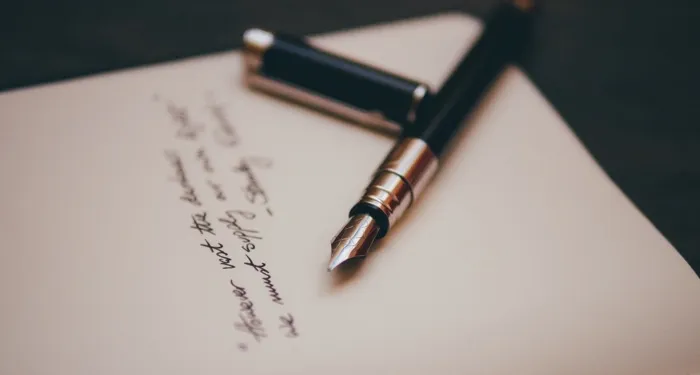
5 Poetry Collections As History Lessons
I will be the first to admit I am no history addict. Important dates are slippery in my mind, not always sticking when they should. But poetry has made remembering easier in recent years. Through reading poetry, I have read reactions and recitations of events I either was not previously aware of, or that I shamefully did not pay enough attention to when learning.
Poetry has proven that it can be both a lesson in history and in the makeup of my own heart. The medium can make me work, stopping me mid-sentence to look up a name or the significance of a street. It can also push me to examine why I know nothing of some events. What have I been reading that history so precious to my favorite poets is fresh news to me?
Here are five poetry collections that have taught me about important historical moments about which otherwise I would still be able to claim ignorance.
Don’t Let Me Be Lonely by Claudia Rankine
Claudia Rankine sacrifices neither words nor images in her book, choosing instead for each to complement the other and linger in the reader’s mind. In Don’t Let Me Be Lonely, Rankine spends time examining the aftermath of 9/11 through the lens of prescription drugs and television. I was only 5 years old at the fall of the Twin Towers. I did not watch as everyday things—such as the handling of the mail—took on the shape of fear. Rankine’s observations zoom in on those moments when the mundane became suddenly dangerous. The poet’s writing is both casual and profound, a conversation I cannot walk away from.
Life of the Party: Poems by Olivia Gatwood
Serial killers are not exactly my jam (I’m already a nervous wreck when running by myself in a tame town in broad daylight). When I delved into Olivia Gatwood’s poetry collection, I learned for the first time about JonBenét Ramsey, as well as stories and horrifying facts about sexual assault and violence against women. Gatwood is clever, sincere, and intimidatingly smart. Some of my favorites are the poems that turn stereotypical icons of femininity—such as the color pink—into things to be celebrated, even when told by the world that doing so warrants mocking.
The January Children by Safia Elhillo
Before reading The January Children, I had never heard of Abdelhalim Hafez. I did not know much about Sudan and the British Occupation. While I still am not an apt scholar on any of the subjects, Safia Elhillo’s poems lit a match of curiosity. The poet writes about themes that are universal: sexism, family, and immigration. The collection also includes themes that are deeply personal, such as how elusive the idea of home can be when one belongs to multiple places. Elhillo’s writing is musical, both in sound and in subject, and a song not to be missed.

Night Sky With Exit Wounds by Ocean Vuong
The Vietnam War spanned 19 years and took millions of lives, leaving division and pain in its wake. The war ended long before I was born, but poet Ocean Vuong writes as someone whose existence is directly linked to it: his grandmother was Vietnamese and his grandfather an American soldier. In Night Sky with Exit Wounds, the author brings the reader back and forth between Vietnam and America, both history and himself. In “Aubade with Burning City,” Vuong writes about an intimate moment between lovers while the city of Saigon is violently destroyed around them in 1975. Vuong’s writing is soft and brilliant as he depicts hard moments in dazzling verse.
Counting Descent by Clint Smith
Halfway through this book of poetry, Clint Smith writes a poem as if in conversation with Charles Deslondes. Others poems are addressed to Malcolm X and James Baldwin. While the latter two figures are familiar to me, the name Charles Deslondes did not ring a single bell when I read it. Smith leaves no room for ignorance in his readers; to truly engage and learn from his stanzas, I needed to do the work in bringing myself up to speed. Filled with life and movement, Counting Descent reminisces on the glory and pain of growing into adulthood while Black in America, whether today or in 1811.
Interested in reading more poetry that will leave you feeling something? Check out 6 Books in Verse That Will Leave You in Awe or read and listen to 15 Soul-Stirring Poems About Music and Its Power.


